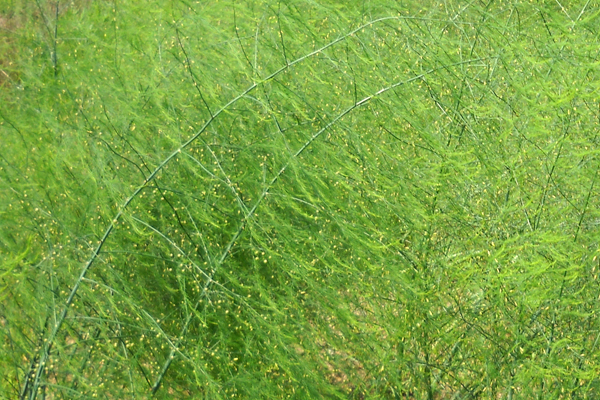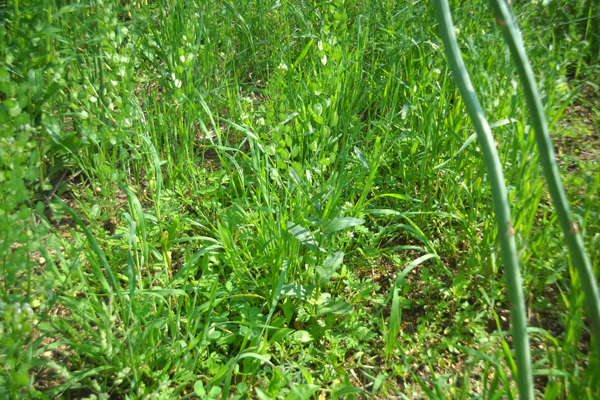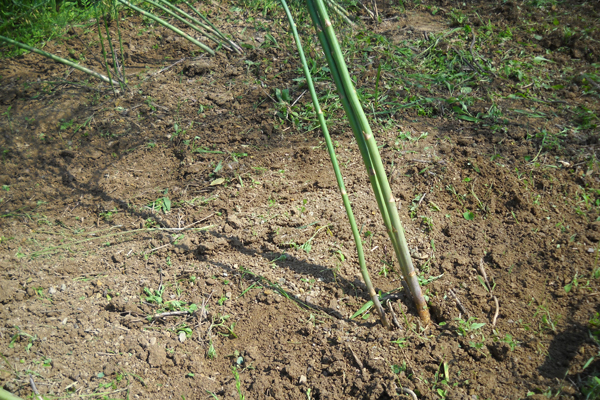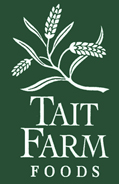-

Erin Donahue -

Christina Barkanic -

Brittany Trott -

Emily Wiley -

Jessica Reilley -

Chris Raines -

Will Nichols -

Emily Reddy -

Michele Marchetti -

Michele Frank -

James Gherardi -

Kit Henshaw -

Christina and Erin -

Kim Tait -

Erin McKinney -

Steve Spanelli -

Sam Komlenic -

Katherine Taylor Grofic -

James Eisenstein -

Jamie Oberdick -

Anna Lombardo -

LacCreta Holland -

Tony Ricci -

Local Food Journey -

Laura Young -

Kristin Camplese -

Harrison's Fresh + Local -

Danielle Matalonis -

Kristine A. -

Linda Weaver -

Naomi Elle Schwartz -

Dana Stuchul -

Cara McShane -

Brittany Smith -

Jessica Illuzzi - Frosty
-

Jessica Paholsky -

James Sechrengost -

Brad Yeckley -

Maya Althouse -

Jordan Reabold -

Kim Chase -

Maria Bryant - Alexandrea Scott
Unpaid Field Hand: Welcome to the Farm
Posted by James Eisenstein on 06/10, 2011 at 12:34 PM

Photo Credit James Eisenstein.
Can you identify what vegetable growing is pictured? No, really, look carefully and give it try.
Why even ask, you might ask? Because much of the knowledge our grandparents had about the variety names of fruits and vegetables and how they grew has been lost, and I think that is too bad. They knew the names of many apple and tomato varieties, for example, and what each was good for. Part of our renewed interest in what we eat as we embark on a local food journey should involve regaining this knowledge.
One way I can contribute to this task is by offering an “in the dirt†perspective to the stories told on the Local Food Journey bog. I spend at least two days each week in the actual production of food. A little takes place in my backyard garden in the suburbs of Linden Hall, but most of the time I work at my son John’s certified organic vegetable farm (Jade Family Farm) in Spruce Hill Township, Juniata County.
Now about that picture. In 2010, we planted five-and-a-half rows of Jersey all male asparagus, each row about 130 feet long. What you see is part of that field in its second year at the end of this May. If you do not cut the asparagus spears when they are five or six inches high, they grow to become the beautiful fern like plants seen above, building the strength of their crowns and roots for next year.

Photo Credit James Eisenstein.
This field looks nice and healthy, right? Well, almost right. As the picture below sadly shows, growing around healthy plants and between the rows are … weeds and more weeds. Asparagus does not like to compete with weeds, and these small weeds, left alone, will grow into really big weeds. Because Jade Family Farm is certified organic, we are not allowed to spray for weeds—we wouldn’t want to anyway. So it is down on our hands and knees to pull the bigger ones and then hoe the rest.
The next picture shows the same area (within a few feet) after weeding and hoeing, but before we tear apart a bale of mulch hay (growling all the while). We schlep it into the patch and spread it thickly enough to suppress the inevitable re-emergence of spectacularly tenacious weeds and to conserve moisture when rain is in short supply.

Photo Credit James Eisenstein.
Will we have the twelve hours needed to hand weed and hoe the rest of the patch given the twenty other critical tasks waiting to be done? Maybe we will have to just push a lawn mower between the rows, hand weed right next to the asparagus, hoe, and then mulch. That will save a few hours (assuming we can get the mower between the rows), but if we don’t mulch really thickly (which takes more time), weeds will soon reappear. Welcome to farming!
If we do all of this, and we are lucky with disease and insects and rainfall, we will begin to get good production next year. Keep your fingers crossed and check it out next spring at the Jade Family Farm stand at the Boalsburg Farmers Market.
![]() Author: James Eisenstein
Author: James Eisenstein
Bio: Unpaid Field Hand at Jade Family Farm | Former Penn State Professor
- Our Local Food Journey comes to an end
- Winter isn’t a quiet time at the farm
- Get the taste of garden season right now by growing herbs indoors
- All you need to know about PASA’s Farming for the Future conference









Comments
Posted by .(JavaScript must be enabled to view this email address)
06/12 at 09:25 PM
Bradenton FL / Chesterfield MO
Great photos and witty narrative. Professor Eisenstein is a modern day Thoreau. I’m surprised though that he admits associating with hoes.
Thanks to the Professor, I’m a little wiser about asparagus now. [In my ignorance / dotage I was guessing that the little yellow dots were mustard seed.] I didn’t know that asparagus was sexual and I wondered why Jade Family Farms only set out male plants. Are the female plants edible? I’m also wondering why Roundup wouldn’t be a good solution for weed control; just don’t spray it on the asparagus itself and the produce would still be organic.
Posted by abcclas
06/13 at 09:58 AM
Oh yes I could identify that pic!
Posted by .(JavaScript must be enabled to view this email address)
06/14 at 10:39 AM
Phoenix, AZ
Gah, Roundup? You don’t want that near anything you eat, drink or breathe. Here’s some data:
http://www.dontspraycalifornia.org/glyphosate.html
and
http://www.dontspraycalifornia.org/roundup-cats.html
It’s known to travel to neighboring plants.
———-
On the other hand, that’s *way to much* work for a single asparagus plant. Good luck.
Davey
06/15 at 06:49 PM
Wade, since we are certified organic, we can not use roundup or any unapproved herbicide (most are unapproved and those that are don’t work too well, though I think diluted vinegar is okay) even if we wanted to, which we don’t. And spraying just the weeds would run the risk of killing the asparagus too. Thanks to the wonderful help of two central Americans (with papers!) we mowed the whole patch and mulched half of the field before we ran out mulch. Feel free to mail any extra to us. Thanks to Davey Mars for the references to roundup.
Posted by .(JavaScript must be enabled to view this email address)
07/22 at 02:35 AM
Santa Rosa, CA
Ike,
I sent your blog to Barbara Bates (KHS 58) and she said she recognized that it was asparagus right away. I didn’t have a clue. She also noted that the intense labor involved is what makes organic vegetables more expensive. And that we will never have an abundance of them unless we let in illegal farm hands to do the work. (Her comment, not mine).
Page 1 of 1 pages